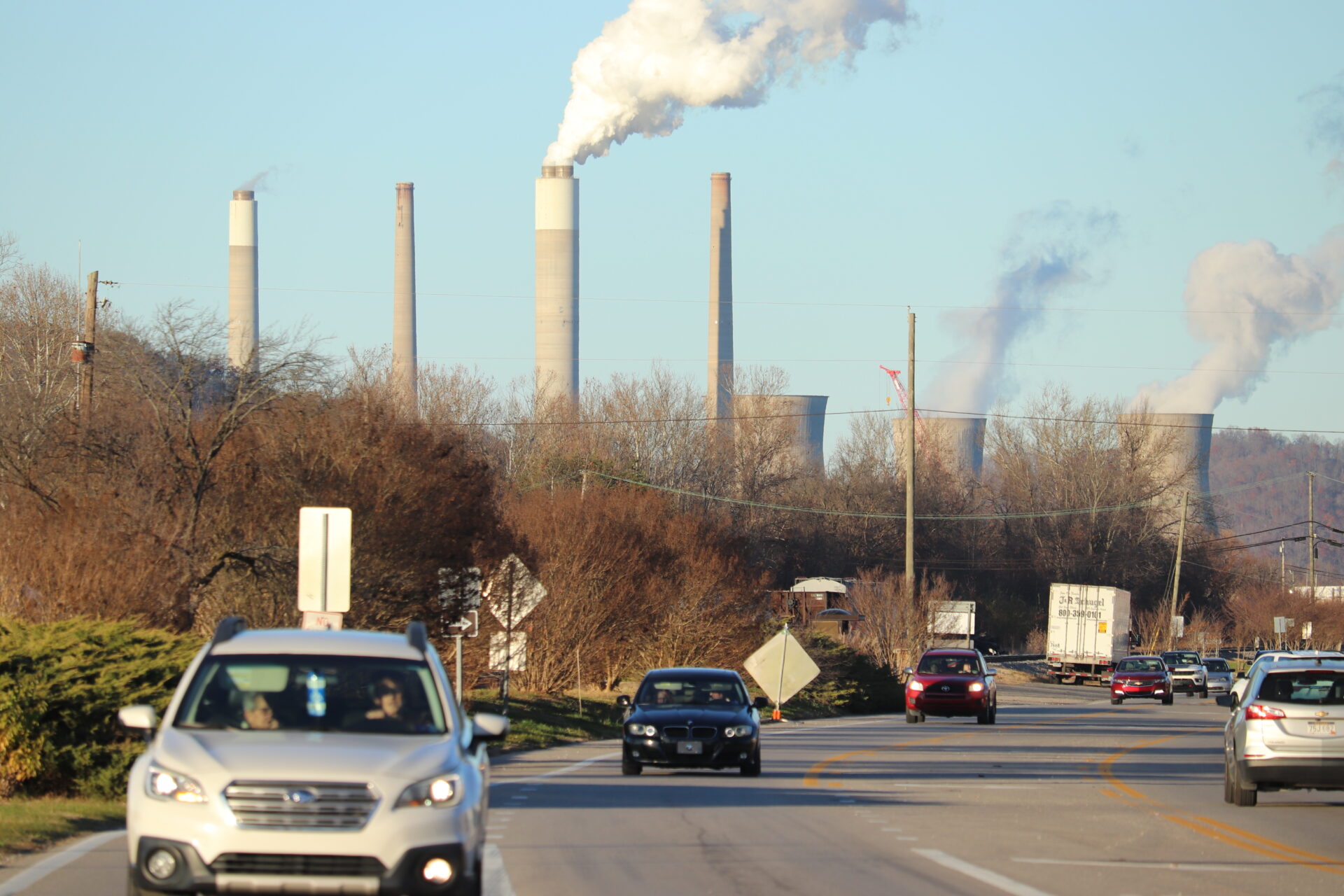West Virginia’s Treasurer added four banks to a list of restricted institutions this week, but two more were left off.
Treasurer Riley Moore added HSBC, Citigroup, TD Bank and Northern Trust to its list of financial institutions barred from state contracts.
They join five others that Moore determined were boycotting fossil fuel investments.
However, two more banks that received warning letters from Moore in February, BMO and Fifth Third, were not added to the list.
Both banks replied to Moore that they were not shunning such investments. Senate Bill 262, enacted two years ago, enabled the Treasurer to review banks’ environmental, social and governance, or ESG policies.
Of the nine banks now on the list, six are among the top banks financing coal-burning utilities, according to the Sierra Club.
They are Goldman Sachs, Chase, Morgan Stanley, Wells Fargo, Citigroup and TD.
Other states, including Kentucky and Texas, have passed similar laws in opposition to ESG policies that are perceived to discourage fossil fuel investments.
BlackRock, another bank blacklisted from state contracts, is financing EQT, the biggest natural gas producer in the state and the biggest customer of the nearly finished Mountain Valley Pipeline. EQT announced last month it is buying the builder of the $7.5 billion pipeline, Equitrans Midstream.
